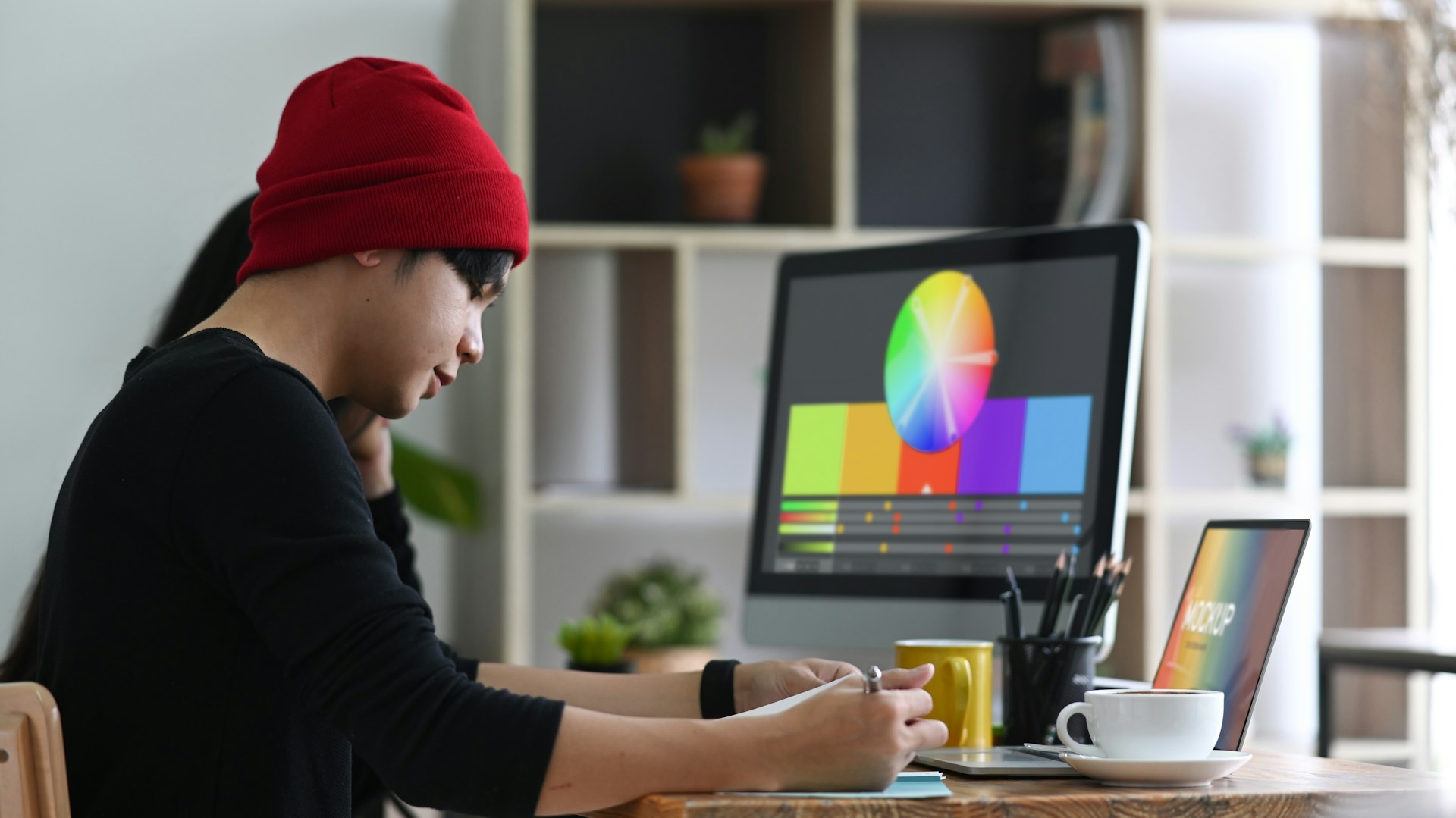The advertising industry is experiencing a profound transformation as generative AI tools revolutionise content creation and campaign delivery. WPP’s outgoing CEO, Mark Read, candidly acknowledged that AI disruption “is totally disrupting our business,” highlighting a shift in production norms and investor unease. This upheaval is mirrored across the sector, where tech platforms and brands increasingly deploy AI to automate campaign generation, targeting, and optimisation, challenging the traditional agency model.
Platforms such as TikTok are leading the charge with AI-driven avatars that simulate influencer content, delivering scalable video experiences without human creators. Meanwhile Reddit’s newly launched AI tools, “Reddit Insights” and Community Summary Add‑ons, enable marketers to mine real‑time conversations and embed user endorsements directly in ads, blurring the boundary between organic engagement and paid promotion. Similarly, Meta is ramping up automation, aiming to offer fully AI-created and targeted ads by 2026.
In response, traditional ad agencies are recalibrating. WPP has invested heavily in its own AI ecosystem, WPP Open, with over 50,000 internal users deploying thousands of custom AI agents to produce campaigns more efficiently, yet its market value has still halved, spurring investor doubt. Industry insiders predict that agencies will increasingly migrate towards performance-based compensation, emphasising strategic counsel over manual creative execution.
Creative directors, however, argue that AI can enhance rather than supplant human creativity. Campaigns like BBDO’s AI-generated visuals and voiceovers, BETC’s “Fluffy GOAT” character, and TBWA’s personalised ad variants illustrate how AI augments creative storytelling while preserving brand nuance. This co‑creative approach hints at a sustainable pathway for agencies to stay relevant.
For C‑suite and tech leaders, the message is clear: AI offers unprecedented speed, scale, and cost savings but demands new business models. Agencies must pivot from purely creative craft to orchestrating AI systems and advising on ethical, brand‑safe deployment. Meanwhile, brands and platforms need robust governance to balance authenticity, transparency, and regulatory compliance in a vastly automated landscape.
As Cannes Lions and industry summits highlight, the ad world is reinventing itself on AI’s terms, prioritising real‑time data, commerce‑centric tactics, and flexible agency structures. Leaders who embrace AI as a creative partner and strategic asset will be best placed to thrive in this next era of advertising.


